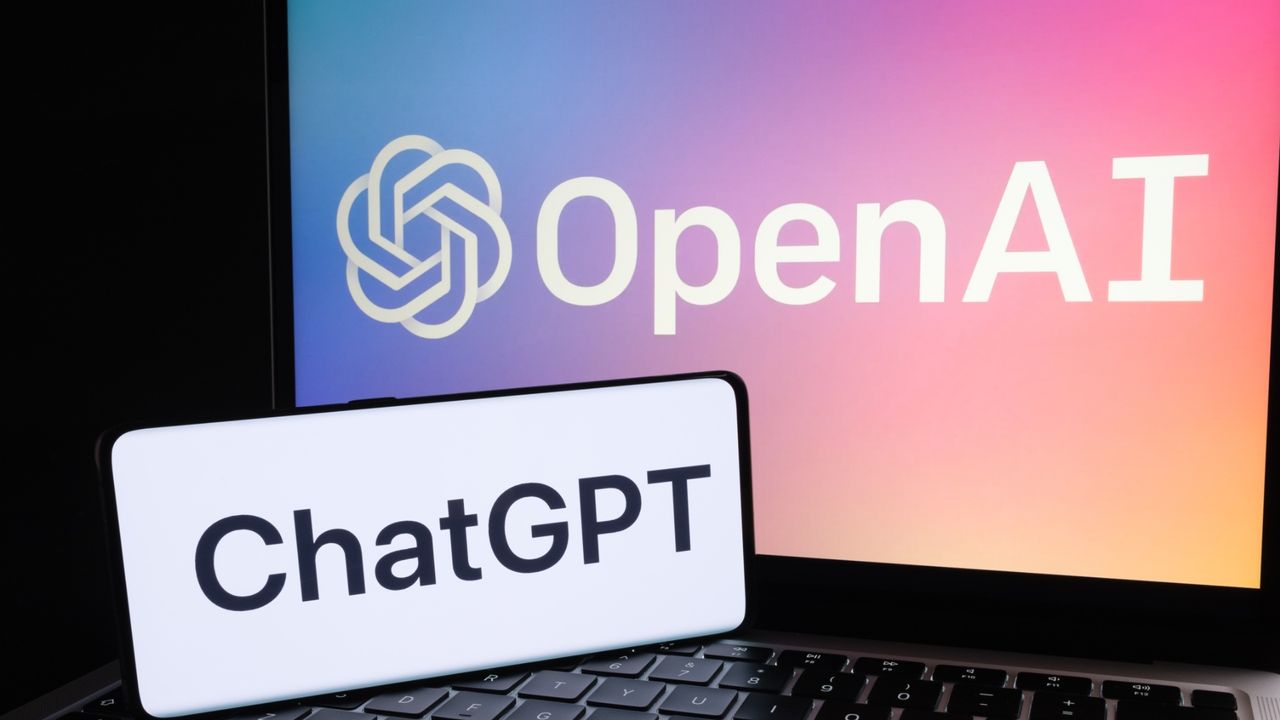
Since its launch in November 2022, ChatGPT has grown from a conversational chatbot into a central hub for AI-powered productivity, creativity and multimodal interaction.
1. The Model Timeline
- ChatGPT-4 era: Brought large-context reasoning and better factuality than early versions.
- ChatGPT-4o: Known especially for its conversational tone and image + voice capabilities; temporarily returned after user backlash when OpenAI tried to retire it.
- GPT-5: Launched in mid-2025 as the next flagship model with stronger reasoning and multimodal upgrades.
- GPT-5.1: Released November 2025 as a refinement of GPT-5, with two variants:
- GPT-5.1 Instant: Warmer, faster, more conversational, better instruction following.
- GPT-5.1 Thinking: More adaptive, deeper reasoning for complex tasks.
- GPT-5.2: The current standard (as of Feb 2026) replacing GPT-5 and soon defaulting in most ChatGPT tiers — offering better performance, reasoning, and customization.
2. Key capabilities now
ChatGPT today supports a wide range of AI functions across free and paid tiers:
- Text chat: Fast, context-aware conversational output.
- Voice interactions: Real-time spoken dialogue.
- Image understanding (and multimodal input).
- Expanded context memory: Much longer conversations with consistent recall.
- Custom GPTs & Projects: Ability to build personalized assistants or workflows.
- Cross-platform apps:— iOS, Android, macOS include core capabilities.
Many of these premium features have also been opened to free tier users over time to widen access.
3. Personalized AI Experience
OpenAI moved from a one-size-fits-all model to more user-centric customization, including:
- Multiple conversation styles (Default, Friendly, Professional, Quirky, etc.) that alter tone and interaction behavior.
- Adaptive reasoning that adjusts effort based on task complexity.
This shift reflects a broader industry trend toward AI that feels more human and flexible, not just technically capable.
4. Legacy models and retirement
OpenAI has been phasing out older models as newer ones become more efficient and higher-performing:
- GPT-4o and related 4.x models are set for retirement in February 2026, following earlier attempts and community pushback.
- GPT-5 will also be deprecated over time in favor of GPT-5.1 and GPT-5.2.
This consolidation aims to focus resources on the most widely used and highest-performing AI systems.
5. Industry and community reactions
- User Backlash: Model retirements — especially GPT-4o — triggered vocal community reactions, including complaints from users who valued its personable style.
- Competition: Rival models like Google’s Gemini 3 and Anthropic’s Claude Opus 4.6 have pushed OpenAI to iterate faster and improve benchmarks.
- Ads & Monetization: OpenAI has begun pilot testing ads inside ChatGPT interfaces, coupled with new integrity and anti-scam systems.
- Organizational Shifts: A stronger product-focus at OpenAI has led to internal changes as senior research staff depart amid strategic prioritization of ChatGPT development.
- Why the ‘Godfather of AI’s’ warnings about AI are getting serious attention now
- People are sleeping on Gemini’s Deep Research feature — here’s why it’s actually a game changer
- 'I didn’t know AI could do this' — 10 surprisingly useful ways it saves me time every day
What does ChatGPT stand for?
According to OpenAI, ChatGPT is, "an artificial intelligence trained to assist with a variety of tasks." More specifically, though, it is an AI-powered productivity platform providing access to models built by OpenAI such as GPT-4o and DALL-E 3.
The underlying AI models are designed to produce human-like text and converse with people, hence the "Chat" in ChatGPT. Since its launch in November 2022, ChatGPT has evolved to include image generation, code creation and AI vision.
To use ChatGPT, you present the model with a query or request by entering it into a text box. The AI then processes this request and responds based on the information that it has available. It is a new form of human-computer-interaction focused solely on natural language conversations.
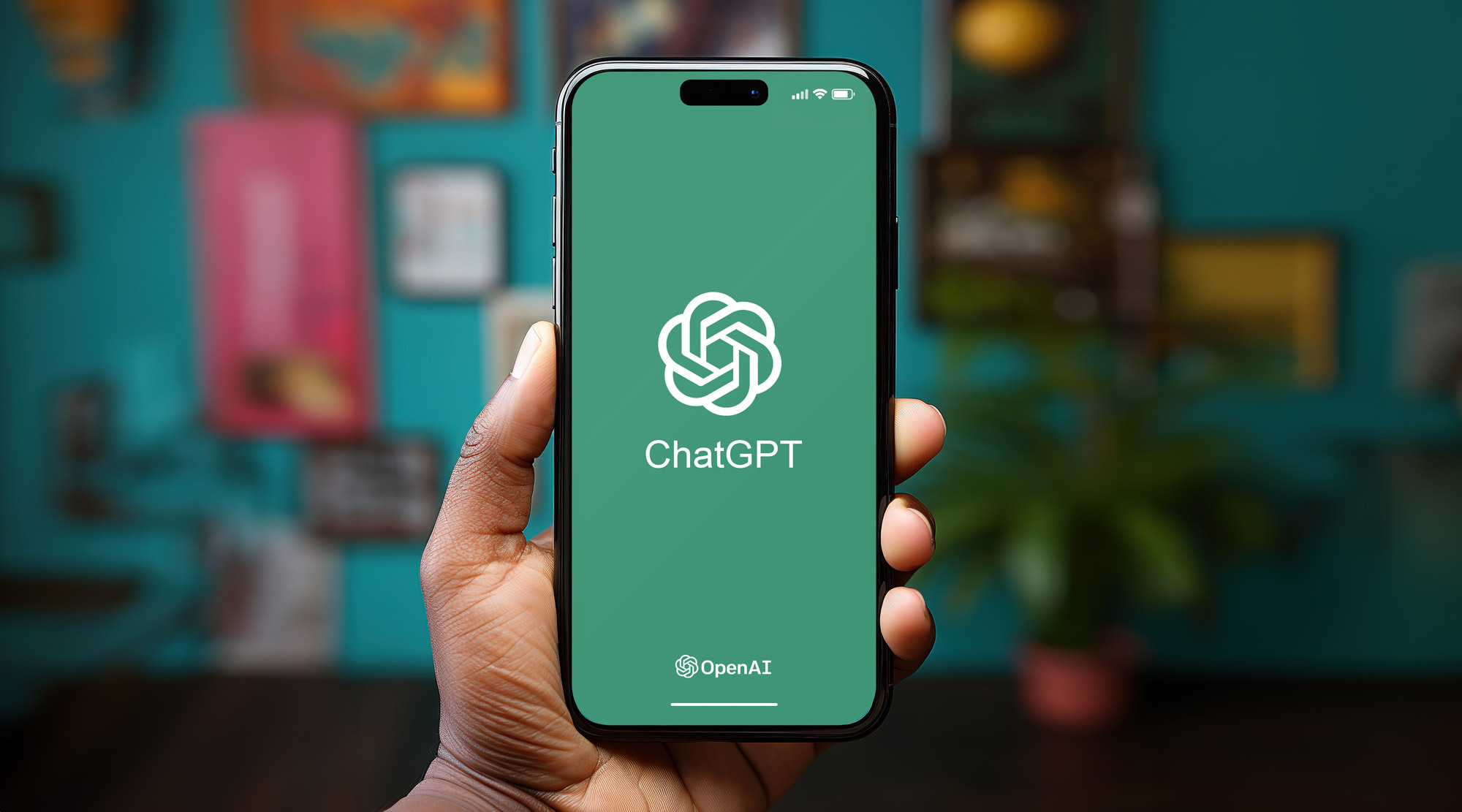
This gets at the core of a key fact about ChatGPT: it can’t fully replace humans — yet. As a recent Forbes article highlights, businesses and individuals can use it for a lot of tasks — from market research to drafting content to automating parts of the sales and customer service process.
The rollout of GPT-4o (Omni), a multimodal model released in May 2024, is unlike earlier versions. GPT-4o can understand and generate text, images, code, audio, and even video. It also includes a groundbreaking Advanced Voice Mode, which enables real-time voice conversations with natural inflection, emotion, and even the ability to interrupt — making it feel more like talking to a human than ever before.
In August 2024, OpenAI quietly introduced a new variant of its model codenamed ChatGPT-o1 — also referred to as “Strawberry.” While details were initially sparse, this model is believed to be a more efficient and slightly improved variant of GPT-4o, focused on faster processing and improved contextual memory.
As of early 2025, OpenAI continues to expand GPT-4o’s capabilities, integrating it more deeply into mobile apps (iOS, Android, macOS) and making features like voice and image understanding available to free-tier users. The result? A much more accessible and powerful assistant for anyone with a smartphone or computer.
The chatbot can:
- Hold real-time voice conversations with emotion, tone, and back-and-forth flow
- Generate content — from blog posts to business emails to full novels
- Analyze and describe images, including charts, sketches, and photos
- Help with coding, debugging, or writing scripts in any major language
- Assist with homework or explain complex topics clearly and concisely
- Summarize PDFs and long documents
- Generate visuals directly within the chat using ChatGPT-4o image generator (ChatGPT Plus only)
- Set up Tasks for reminders, scheduling purposes, and more
The "GPT" in ChatGPT comes from GPT, the learning model that the ChatGPT application utilizes. GPT stands for Generative Pre-trained Transformer and most people are currently using GPT-4o mini.
GPT-4o, or Omni, is a new type of generative model unveiled in May 2024 during a Spring Update event. It is natively multimodal meaning it can understand video, text, images, code, and speech as well as generate each of those forms of content.
Speech is the biggest benefit gained from the way Omni was trained as it allows for a native speech-to-speech voice mode where the AI can understand inflection, tone and even be interrupted in real-time. Previous voice models had to first convert to text and then back from text to speech which caused delays.
The premium version of ChatGPT also still has access to the base GPT-4 model but for almost every task GPT-4o is a better option.
Can you use ChatGPT for free?
Can people detect if you use ChatGPT?
As ChatGPT becomes more prevalent in writing, people are starting to create AI tools to detect ChatGPT or similar AI models in written content.
GPTZero is one such tool, created by Princeton University student Edward Tian. According to NPR, GPTZero uses “perplexity” and “burstiness” scores to measure the complexity of text. GPTZero was able to differentiate between an article from The New Yorker and a LinkedIn post written by ChatGPT, so there’s some early evidence that it works at detecting the use of ChatGPT.
The theory behind these tools is that humans write in a way that is more complex than content written by other AI. We even tested whether ChatGPT will steal our jobs and all four of our staff testers were able to tell what reviews were written by humans and which were written by ChatGPT. You can try and teach ChatGPT your writing style, but even then it could still be detected.
Additionally, ChatGPT can plagiarize without you knowing. Since ChatGPT pulls data from all over the internet and beyond as part of its model training, it pulls in data is not considered common knowledge. If you include something in a written work and it is not considered common knowledge or you are not the primary source, you need to cite it to avoid plagiarism. While the chatbot can provide quotes, and in some cases even fool plagiarism checkers, you need to be vigilant when using the chatbot to avoid plagiarism.
Is there a ChatGPT app?
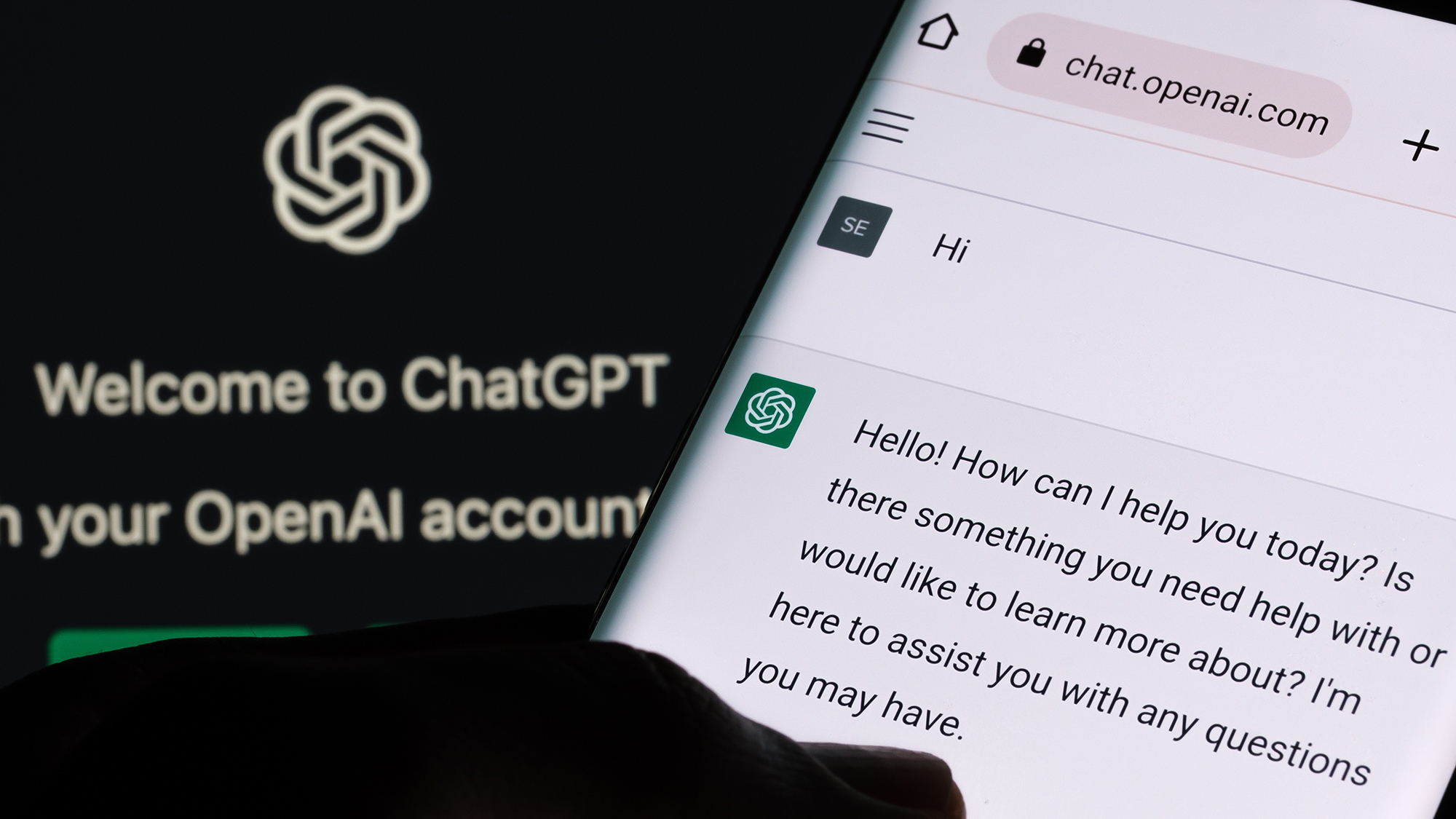
There is an official ChatGPT app! While for a long time, you had to settle for using a web browser, OpenAI has launched an app for iOS, Android and macOS that lets you do everything that ChatGPT can do on a web browser. And there's a ChatGPT Android app now too. While limited to the U.S. initially, access to the official iOS app has expanded since its launch. The Android app currently requires you to pre-register for access.
Aside from the official app, there are also other apps using ChatGPT. Snapchat now has My AI, which is ChatGPT integrated into the popular messaging app. Opera has also integrated ChatGPT into its web browsers, allowing users to summarize articles and web pages, generate social media posts and more, with just a prompt or click. Even Slack has integrated ChatGPT into Slack's app. But none of these is a standalone ChatGPT app.
And be careful of apps claiming to be ChatGPT apps. Fake ChatGPT apps are spreading malware that can steal your money and passwords. Others are scamming users out of thousands of dollars. So if you want to use ChatGPT on your phone, you can either do it through your mobile browser or use the official iOS app.
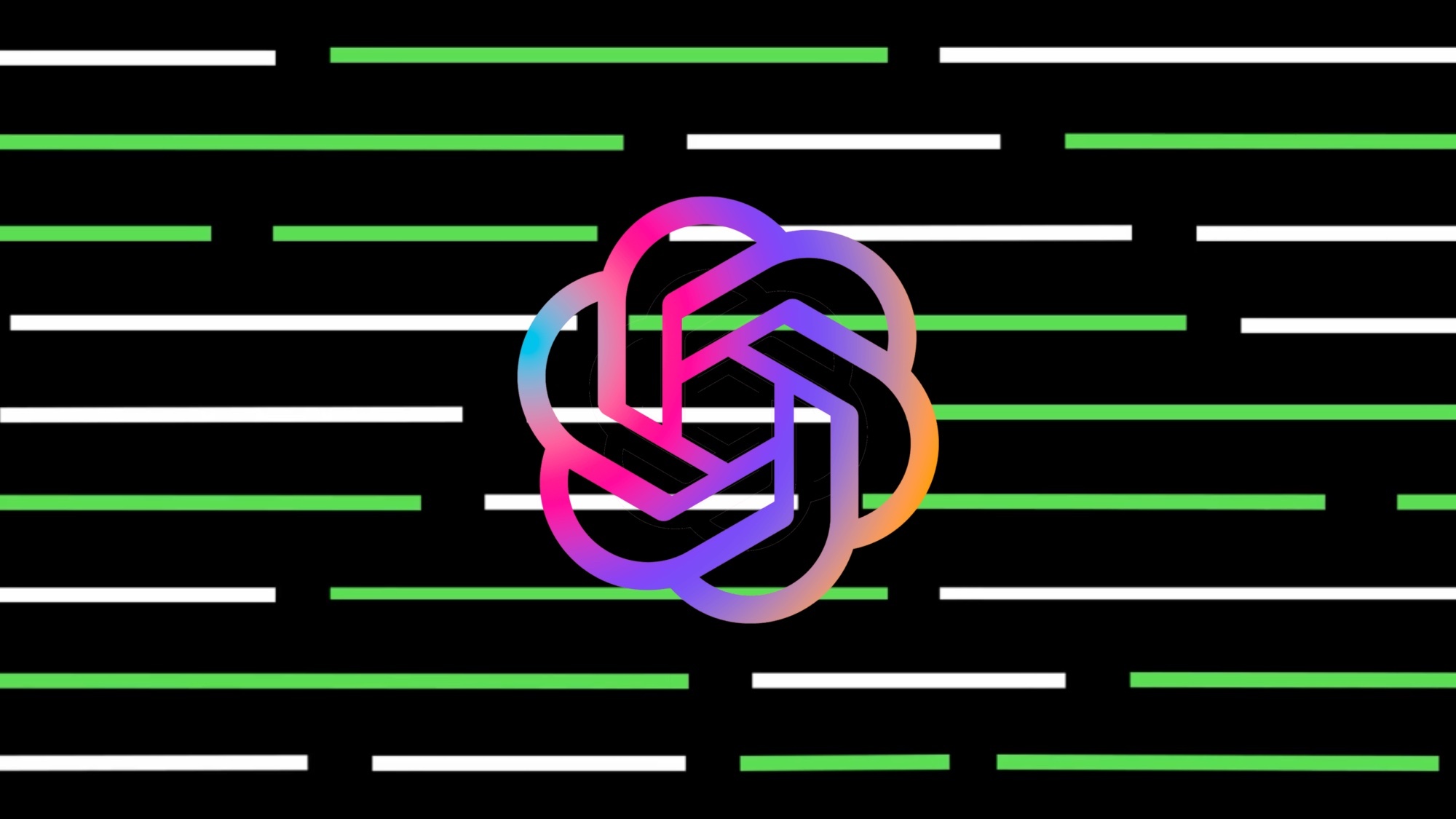
Advanced Voice Mode
OpenAI recently unveiled Advanced Voice Mode, a feature that lets users converse with AI naturally, in smoother, more humanlike interactions. The update is only available to ChatGPT subscribers to start, but as voice-based AI technology continues to grow, it will more than likely expand to other tiers.
Utilizing the GPT-4o model, users can expect to have more emotionally responsive conversations and the ability to interrupt and change subjects with ease. In addition, Advanced Voice Mode offers a wider range of voices with more dynamic speech patterns, tone, and inflictions than ever before.
Free vs. Plus
One of the most user-friendly updates of 2025 was the decision to offer many GPT-4o features for free. Voice conversations, image uploads, and even some multimodal tasks are now accessible without a subscription. However, the ChatGPT Plus plan ($20/month) still includes:
- Priority access during peak times
- Early access to new features
- Faster response times
- Advanced tools like custom GPTs and memory (which lets ChatGPT remember preferences over time)
- In-chat video generation with ChatGPT-4o
ChatGPT alternatives
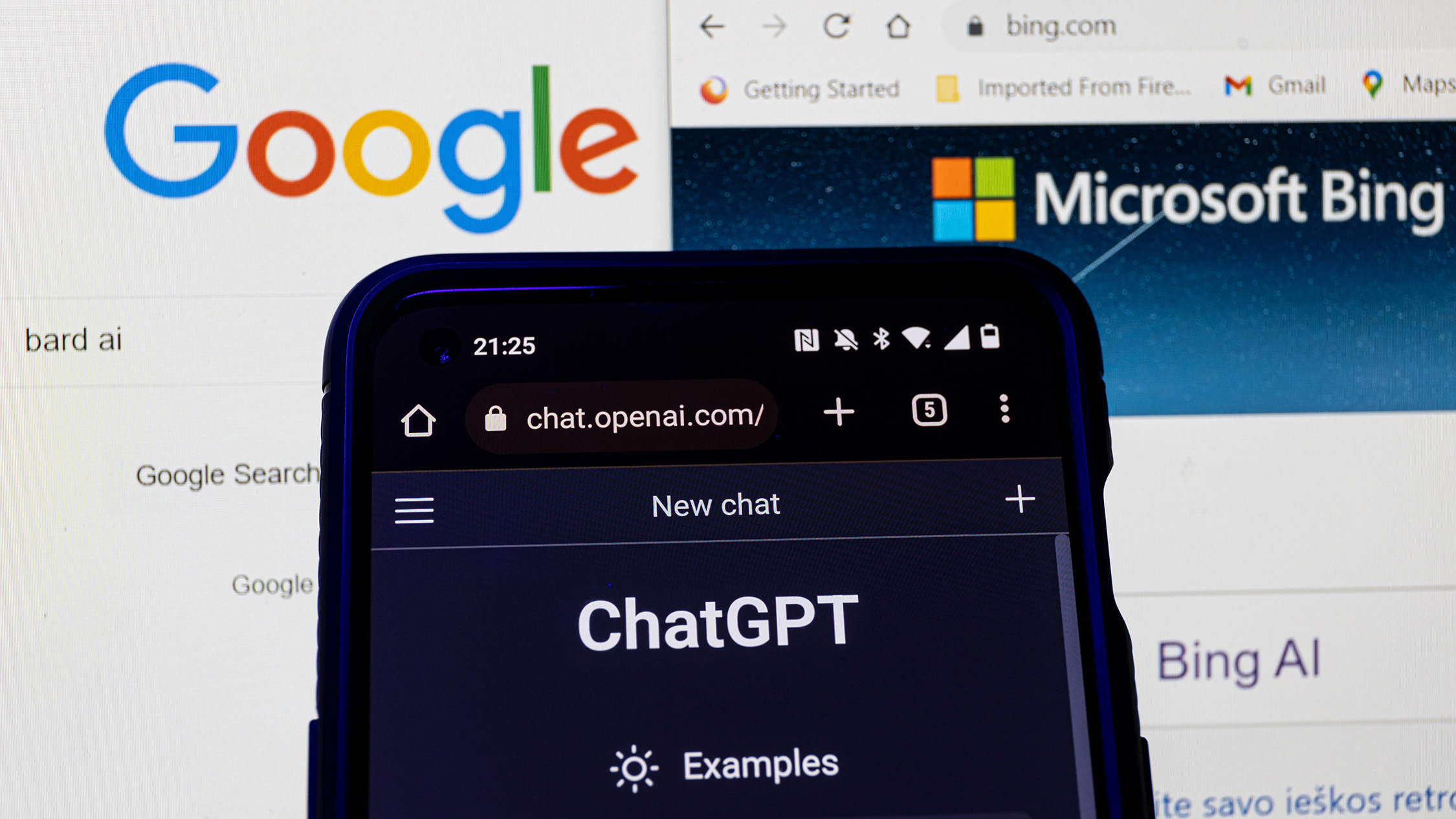
ChatGPT may have been the first generative AI chatbot to gain mainstream adoption, but in a growing and crowded market, is it still the best choice? I test AI apps for a living and I’ve pulled together some of the best ChatGPT alternatives that I've tried myself and can recommend.
Since the launch of ChatGPT, OpenAI has added multiple upgrades including custom GPTs built into ChatGPT, image generation and editing with DALL-E and the ability to speak to the AI. You can even use it without an account.
The recent upgrade to include the new GPT-4o model has seen even more improvements in the way it works, and there's now a desktop app to join the iPhone and Android versions. On mobile, you can even speak to it while using other apps.
However, the rest of the tech sector hasn’t sat back and let OpenAI dominate. Some of its competitors equal or exceed the abilities of ChatGPT and others offer features it doesn’t. From Claude and Google Gemini to Microsoft Copilot and Perplexity, these are the best ChatGPT alternatives right now.
Is ChatGPT safe?
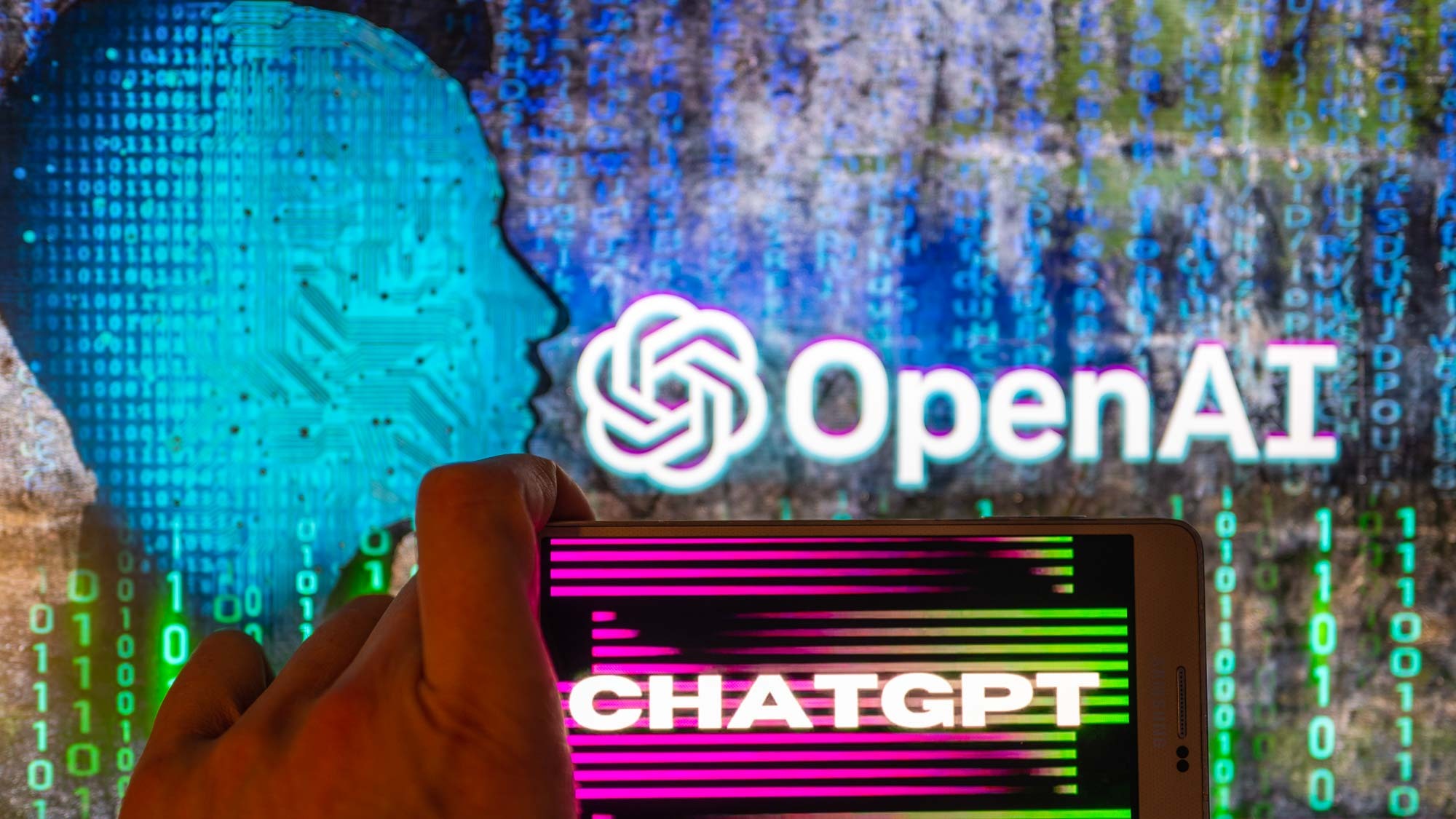
This is a complicated question. In one sense, yes, ChatGPT is safe, but users have to be smart about how they use it and children and teens should have adult supervision. After a recent lawsuit, OpenAI is adding even more guardrails to help users stay safe.
These updates, expected to roll out with GPT‑5, include:
Early intervention: Alerting users about dangerous behaviors like extreme sleep deprivation, manic episodes, or concerning emotional patterns, while suggesting grounding techniques and rest.
Therapist connections: Offering direct links to mental health professionals before a potential crisis escalates.
Emergency outreach: Allowing users to designate trusted contacts who can be notified if ChatGPT detects warning signals.
Parental controls: Providing new tools for guardians to monitor teen usage and better understand their child’s interactions with the AI.
Users also need to be concerned about OpenAI suffering a data breach and exposing your personal data, which is a risk with any online account. We've already seen that happen to a small number of ChatGPT Plus users who were affected by a bug that exposed "user’s first and last name, email address, payment address, the last four digits (only) of a credit card number, and credit card expiration date." While only a small percentage of users were affected, this shows that OpenAI still suffers from the same security risks as any website.
There has also been a breach where over 100,000 ChatGPT accounts were compromised due to malware. These account credentials were subsequently put on the dark web for sale to malicious actors. The ChatGPT site itself wasn't the cause of this breach, but you should still always be careful when using it.
We've also learned that ChatGPT may be sharing your secrets with how it records your chat history. Check out our guide on how to disable Chat History and Training on ChatGPT so you can limit what ChatGPT remembers.
Speaking of bugs, OpenAI has introduced its own Bug Bounty Program, challenging users and ethical hackers to report any issues they find, with some potentially big money rewards, up to $20,000. This will hopefully see ChatGPT become more secure than ever before.
On top of account safety concerns, you need to be conscious of what data you put into ChatGPT regardless of your account type. According to OpenAI’s ChatGPT FAQs article, ChatGPT does save your conversations and they are reviewed by OpenAI for training purposes. Recently a bug caused those conversation histories to be visible to other users, forcing ChatGPT to disable the feature for a short time. Samsung also found out that ChatGPT stores your data the hard way, as it accidentally leaked its secrets to ChatGPT multiple times by using ChatGPT to optimize tests for its chips, among other things.







